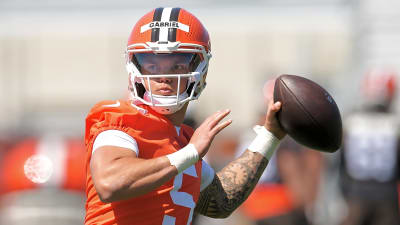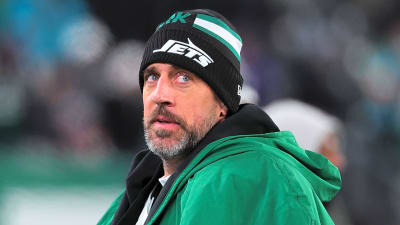
Some say football’s soul is under attack. State-owned giants like Manchester City, Newcastle United, and Paris Saint-Germain (PSG) pour billions into the sport, fueling sportswashing fears. Their wealth lures global stars, from Saudi Arabia’s league to Europe’s elite, reshaping world soccer’s competitive balance.
What is Sportswashing? And Why Does It Matter?
Sportswashing is when nations or corporations invest in sports to clean up their tarnished reputations, often hiding human rights abuses or political scandals behind the allure of athletic glory. By funding high-profile teams or hosting global events like the World Cup, they project soft power and divert attention from criticism. This matters because it risks turning sports into propaganda tools, threatening fair competition and the integrity of beloved games.
Manchester City, backed by Abu Dhabi’s $4.9 trillion sovereign wealth fund, and Newcastle United, owned by Saudi Arabia’s $925 billion Public Investment Fund, are prime examples of sportswashing. Their massive spending fuels competitive success which some say distorts the level playing field, drawing scrutiny for prioritizing image over ethics (The Guardian). Critics argue this financial dominance undermines the spirit of football, as state-backed clubs use their wealth to overshadow controversies.
Manchester City faces 115 alleged Premier League financial rule breaches, but with no verdict since charges dropped in February 2023 raising fan frustration over prolonged delays. The City case tests whether rules can tame state-backed financial power or whether football authorities will run scared from a battle they cannot afford.
Newcastle’s Saudi-led takeover in 2021 sparked their ascent. A $400 million transfer investment transformed them from relegation battlers to European hopefuls. Their Carabao Cup triumph stirred debates over “tainted” victories linked to ownership (BBC Sport).
Related: Champions? Or Cheaters - City’s Financial Fair Play Reckoning
PSG’s Champions League win, their first under Qatar’s ownership since 2011, thrilled supporters but fueled sportswashing concerns. Spending $1.2 billion on transfers, their victory feels like money’s muscle flexing (Sky Sports). Critics label it a hollow milestone for a “soulless” project (The Guardian).
The Premier League’s Profitability and Sustainability Rules (PSR) cap losses at $133 million over three years. Manchester City’s alleged breaches, including dodgy sponsorships and hidden payments, challenge the strength of PSR’s enforcement (Premier League). Newcastle, compliant so far, still draws eyes for rapid spending (Sky Sports).
UEFA and FIFA struggle to keep up. UEFA’s Financial Fair Play rules couldn’t halt PSG’s rise, and FIFA’s global grip weakens against state wealth (UEFA). City’s case could either strengthen governance or expose its flaws.
Fans mourn football’s fading spirit. Social media rages, branding PSG, City, and Newcastle “pawns of reputation laundering” (X post). Yet, their packed stadiums show cash’s allure remains strong.
Is football now a billionaire’s playground? PSG’s triumph and Saudi Arabia’s poaching of stars like Cristiano Ronaldo signal money’s growing chokehold. The beautiful game’s future hinges on balancing wealth with fairness.
Next: Is FIFA’s Club World Cup the Biggest Flop in Soccer History?
More must-reads:
- Stars, snubs, surprises: What to make of USMNT's Gold Cup roster
- Tottenham-linked teen leading New England's youth revolution
- The 'Most career goals in Game 7 a Stanley Cup Playoffs series' quiz
Breaking News
Trending News
Customize Your Newsletter
 +
+
Get the latest news and rumors, customized to your favorite sports and teams. Emailed daily. Always free!







